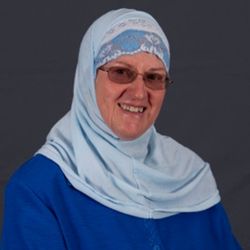Livelihoods and Learning for Sustainable Communities
About Us
The Livelihoods and Learning for Sustainable Communities research group uses experiential and informal learning approaches that harness and value local knowledges, aiming to support efforts to improve livelihoods and educational opportunities for community members. Our research foregrounds a respect for the diversity inherent in each community, and a care for the relationships with land, culture and language through which communities shape ways of living. We recognise that developing sustainable communities is an iterative and constantly-evolving process. By taking a collaborative approach that values local strengths and expertise, our research seeks to blend science, social science and indigenous knowledges to build the ongoing health and wellbeing of communities in a way which meets their needs and aspirations. We apply methods from asset-based community development, appreciative inquiry, and participatory action learning to co-construct knowledge in partnership. We work with communities, government and non-government organisations, and universities located in Australia and across the Asia-Pacific region.
Programs of Research
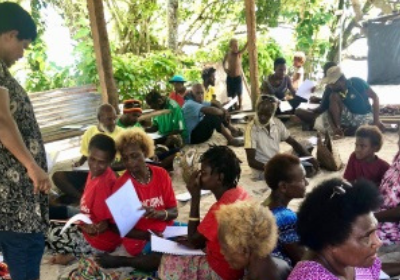
Family Farms Teams
The Family Farm Teams (FFT) program supports semi-subsistence farming families in the Pacific to develop sustainable livelihoods. The program consists of two parts, and focuses on building on the individual and family agricultural and cultural strengths to enable families to work in an equitable and effective way to develop their family farm.
Find out more
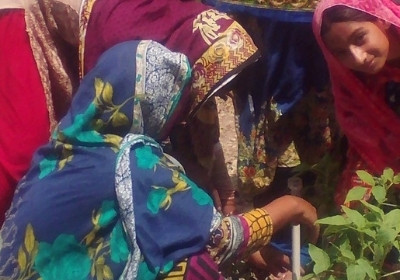
Farmers as Co-researchers
Our work in Papua New Guinea and Pakistan employs a co-inquiry approach which considers all participants, including large and smallholder farmers, government departments, university members, and local communities as ‘co-researchers’. We work with participants throughout the entire research process, facilitating equal input with regard to the research focus, design, methodologies and results.
Find out more
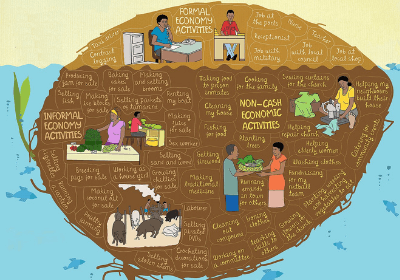
Community Economies Research
This program of research draws on the rich tradition of community economies research and practice. Seeking to catalyse social transformation, the work we undertake includes imagining and enacting collective actions that support communities in surviving well together in ways that honour our diverse ways of knowing, being and doing.
Find out more
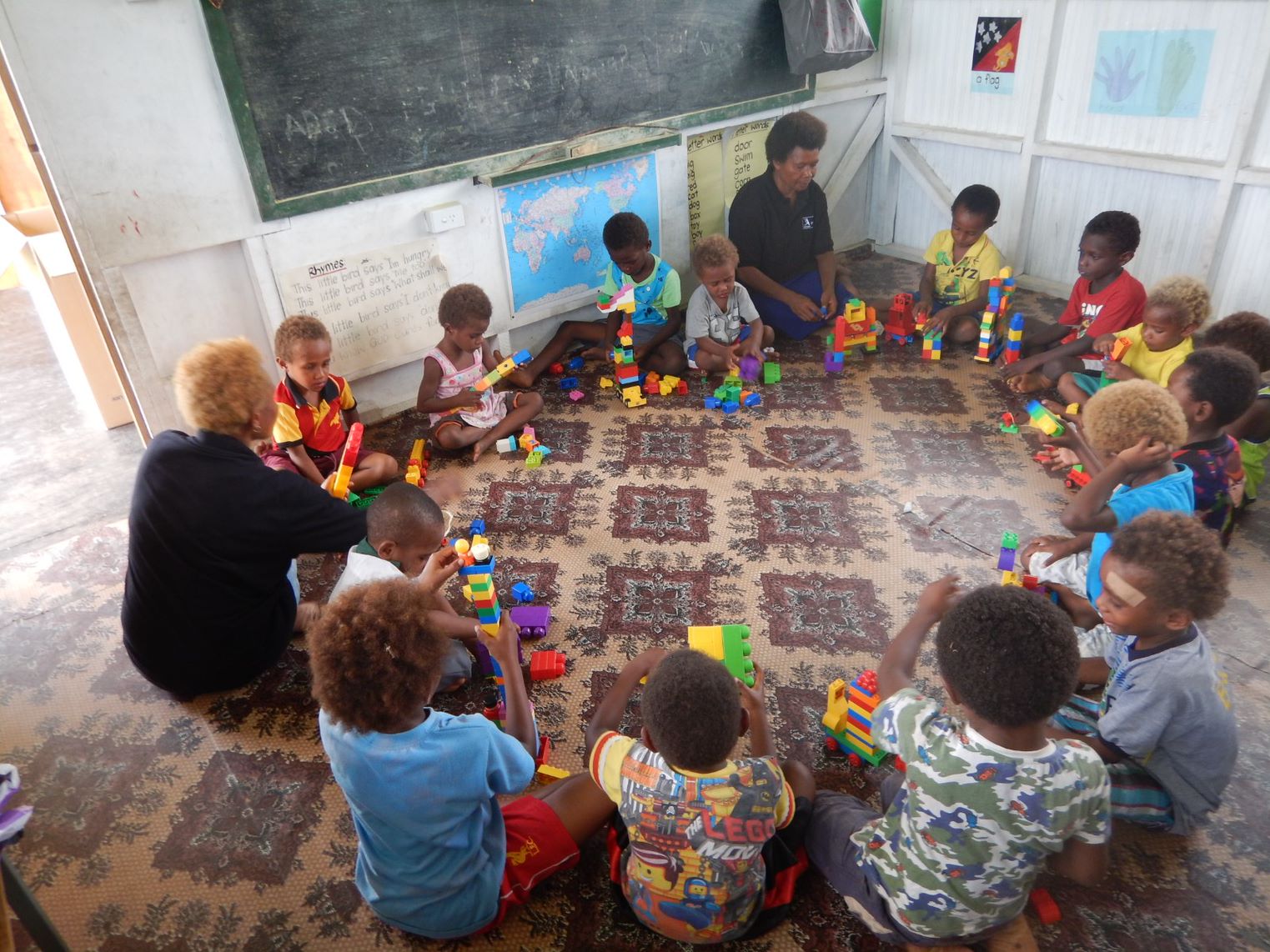
Supporting Children’s Education
Optimal child development is the shared responsibility of families, schools, community organisations and governments. Families are children’s first and most important teachers. As part of this program of research, the Together for Education consortium project in Papua New Guinea provides teacher training, community awareness and training, as well as parent and teacher resource provision.
Find out more
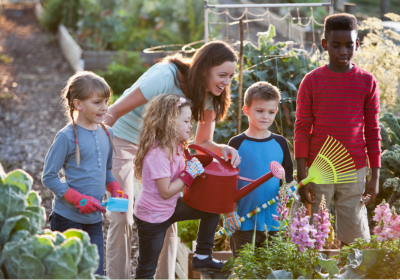
Community co-learning through food gardening
Our program explores community co-learning through food gardening in diverse socio-cultural and intergenerational contexts. In Canberra we are currently exploring schools and neighbourhood grassroots organisations such as retirement villages working together to develop school-based community gardens.
Find out more
Staff
Katharine McKinnonDirector, Centre for |
Barbara PamphilonAssociate Director, Centre for |
Jo CafferyAssociate Professor - |
Deborah HillAssociate Professor - TESOL |
|
Sandra |
Contact
For further information about our research, please contact us.



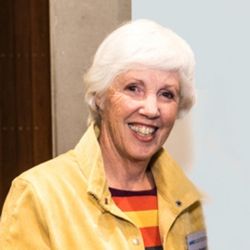
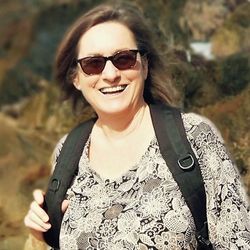
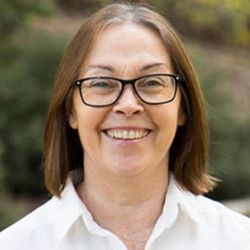
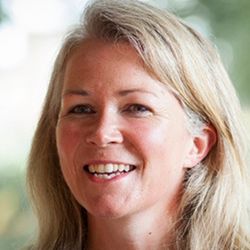 Ann Hill
Ann Hill